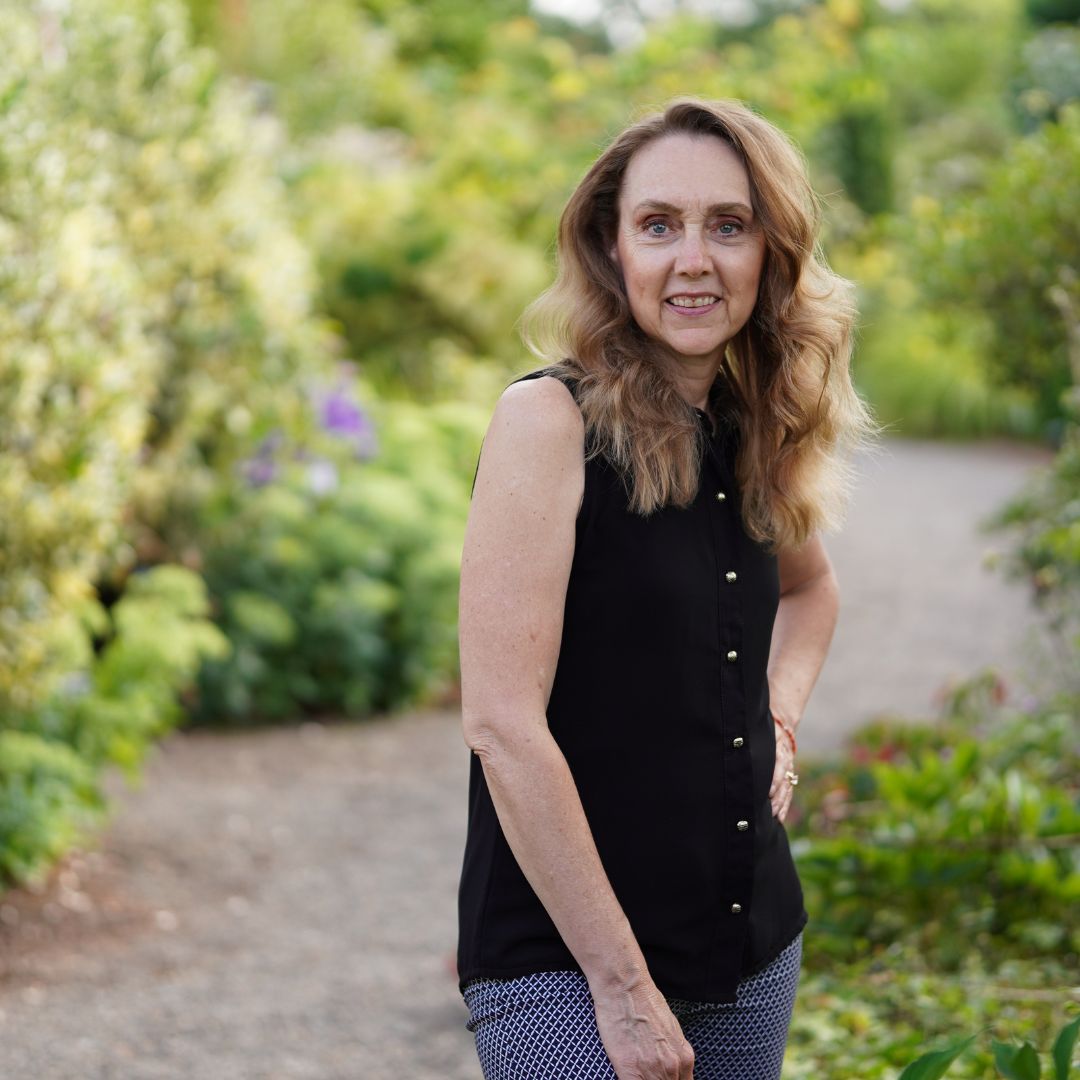I was out surfing the news sites the other day when this title popped out at me:
Celebrity X is finding success with an 80 percent vegan diet
Um, no. Can’t happen. That’s impossible.
The difference between vegan and plant-based eating
What exactly is a plant-based lifestyle? And how does it differ from being vegan?
As the name suggests, a plant-based diet focuses on plant-based foods: vegetables, fruits, legumes, grains, nuts, and seeds. A plant-based diet doesn’t center around meat, fish, dairy, eggs, cheese, gelatin, or other animal by-products.
Because a plant-based diet works to eliminate animal products from daily eating, many assume plant-based is synonymous with vegan – you can substitute the two interchangeably. And while there are many things alike between the two, there is one subtle difference.
According to Wikipedia, veganism is defined as:
“the practice of abstaining from the use of animal products, particularly in diet, as well as an associated philosophy that rejects the commodity status of sentient animals.”
Veganism is deeply rooted in the cause of animal rights. To be vegan is a lifestyle choice that involves both personal beliefs and politics. Vegans not only work to eliminate all animal by-products from their diet, but they also stretch to eliminate all animal by-products from their entire life. That means they remove leather, fur, and silk from their clothing, accessories, even furniture items. They will even eliminate products that come from insects, such as beeswax and honey.
Can you be 80 percent vegan? Nope, I don’t think so.
A plant-based meal would qualify as vegan, but not all plant-based followers are vegan. For example, some plant-based eaters are perfectly comfortable adding honey to their diet, or placing leather seats in their cars.
The term “plant-based” in general, is used to describe a healthy approach to eating, one that is made from whole, plant foods, and never includes anything that is processed. Oreos are, in fact, vegan, but they would never be considered a part of a plant-based diet because they are also highly processed.
Here’s where things get a little tricky.
Someone who occasionally has salmon for the health benefits may still say they are plant-based. Someone who had a steak for a birthday dinner may also be plant-based. Plant-based eaters focus on eating well for their health. Occasionally dipping into other foods isn’t off limits. Plant-based eaters simply think consciously about everything they take into their bodies. If they know where the cow came from, understand the ethics of raising it, and are comfortable with eating meat occasionally, they may still tell people they are a plant-based eater.
Can you be an 80 percent plant-based eater? You bet.
Now I’m really confused. What’s the difference between plant-based diets and vegetarian?
If you’re scratching your head after the last section, read on.
Twenty-seven years ago, my father passed away at the age of fifty-four from a massive heart attack. Two years later, my fifty-four-year-old mother suffered a stroke.
I went on a quest for better health, and started reading everything I could about heart disease. I quickly came across books linking heart disease to food. And I immediately began making changes to my diet, cutting out red meat for good.
Several years later, my daughter declared herself vegetarian at the age of three. My quest narrowed in focus as I learned all I could about the vegetarian diet.
Quite frankly, I didn’t “get it.” I tried to keep her healthy while cooking chicken and salmon for myself and my husband. I’d give her soy substitution products in place of the meat, and thought that was all I needed to do.
Then I went vegetarian after even more research. The health benefits were just too beneficial for me to ignore.
Vegetarians do not consume meat; this includes all forms of land and sea animals. They will consume other animal products such as honey, milk, and dairy.
What’s the difference between vegetarian and plant-based? It comes down to focusing on the foods that you consume.
I recently read a post from a “vegan” who described his typical daily vegan diet:
Breakfast
- Coffee
- Bowl of Chex cereal
- Almond milk
- Banana
Snack
- Vegan protein bar
Lunch
- Veggie burger
- Quinoa
- Spinach salad with oil and vinegar
Snack
- Rice crackers
Dinner
- Vegetarian sausages
- Mashed potatoes
- Green beans
Are you seeing the problem with this? He may be eating “vegan,” but he’s also taking in A LOT of processed foods. There’s little variety in the plants he’s consuming. He’s not focusing on nutrition, but rather is looking exclusively at a vegan intake.
And that can be a BIG problem for your health.
For comparison, here’s a sample day from my menu as a plant-based eater:
Breakfast
- Green tea
- Homemade granola, including nuts, seeds, quinoa, oats, and more
- Homemade smoothie, including kale, berries, avocado, carrots, sweet potatoes, and more
Snack
- Organic apple
Lunch
- Leftovers – I cook in bulk, so there are always plenty of leftovers. I make soups, bowls, and other items I can easily take out of the fridge and heat up.
Snack
- Nuts and a square of dark chocolate
Dinner
- Vegan chili – onions, peppers, black beans, kidney beans, chickpeas, tomatoes, spices, and more
- A selection of fresh fruit
I even have desserts occasionally with dinner … with a twist. My cheesecake is made with cashew cream, my parfaits are made with coconut whipping cream, and I find “sweets” made from natural foods – like dates. If you follow my Instagram, you’ll get occasional recipes I guarantee you’ll love! Start by checking out my IG recipe guide!
I feel the difference is vegetarians are more focused on not consuming animal products, while plant-based eaters are finding ways to incorporate the full rainbow into their diet.
Subtle difference. I know some may argue with me. But that’s my take on the whole vegetarian, vegan, plant-based eater concept.
Why 97 percent of diets fail …
Still with me? Congratulations! I know you’re trying hard to make BIG changes in how you eat. And for that, pat yourself on the back. It will have a massive impact on your health.
I also know that most people who start out on a diet fail within five years.
Why?
Mindset.
If you don’t change your self-identity right along with your eating patterns, you’ll never make your changes permanent. No amount of willpower or motivation will ever override what’s really going on in your mind.
You can say you’re vegan, but if you “sneak” a hamburger at the drive-thru, you haven’t changed your self-identity.
It works that way with eating, and with everything in life.
If you think and act like a starving artist, so it will be.
If you think and act like someone living paycheck to paycheck, so it will be.
If you’re ready to move to healthier eating, I suggest you work on your mindset first.
Take one step towards your goal – eliminate red meat from your diet.
Build your confidence around that change. Do it consistently until it becomes a habit. As your confidence grows, your self-identity changes right along with it.
And as your self-identity shifts, there’s nothing you can do to move back to your previous bad habits.
So now you have a simple choice to make.
Is plant-based living worth it to you? Are you ready for a healthier lifestyle?
If you think and act like someone who eats plant-based every day, so it will be.
If you think and act like someone with optimal health, so it will be.
To your health, friends!



+ show Comments
- Hide Comments
add a comment